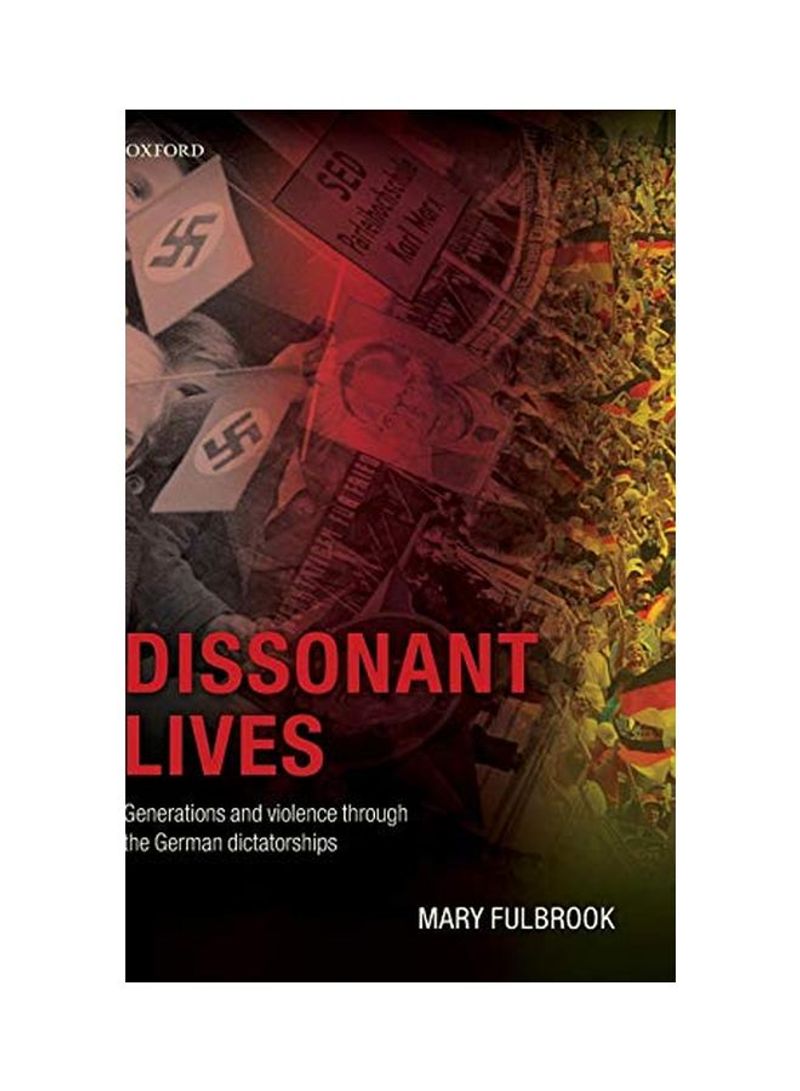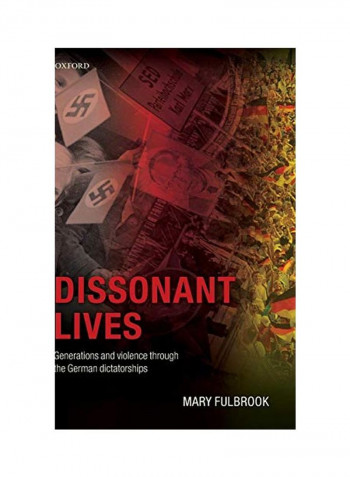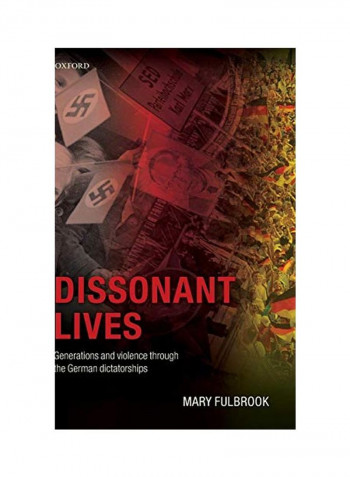Dissonant Lives: Generations And Violence Through The German Dictatorships Hardcover
Recommend
Sort by
Rating
Date
Specifications
Author 1
Mary Fulbrook
Book Description
Dissonant Lives traces the ways in which Germans of different generations lived through periods of total war, radical social transformation, and the clash of competing ideologies, as Nazism was succeeded by Communism in East Germany. Mary Fulbrook explores the experiences and perceptions of selected individuals, analysing the ways in which major historical events, and changing structures of constraint and opportunity, affected the course of their lives and their outlooks. How did those who lived through this terrible period in German history interpret, confront, and respond to the multiple challenges of their times? How were they affected by the major economic, social, and political crises they lived through? How did living through Germany's 'second dictatorship', the German Democratic Republic, dominated by the communist power against whom the Germans had fought, affect behaviour patterns and social identities? And what implications did these experiences have for interpretations of the Nazi past? Dissonant Lives explores these important questions, seeking to view the dictatorial regimes of twentieth-century Germany 'from within'. Taking a deeper look at the life stories of individual Germans from a range of periods and backgrounds, it provides a new understanding of the ways in which not only the character of the German state, economy, and social structure changed over the century, but also the very character of people themselves
ISBN-13
9780199287208
Language
English
Publisher
Oxford University Press
Publication Date
14 Jul 2011
Number of Pages
528
Editorial Review
This is an ambitious book. It comes on top of a number of outstanding contributions by Mary Fulbrook ... It sidesteps the systematic comparison of the German dictatorships by looking at private experience and changing subjectvities ... In doing so, it challenges the usual assumptions about the German Volksgemeinschaft. * Bernd Weisbrod, German Historical Institute London Bulletin * Fulbrook's thoughtful, erudite research, which examines how Germans made sense of their experiences living in the two German dictatorships of the 20th century, demonstrates how much we can learn from history if we examine the past through the lens of generation, as well as class, race and gender. * Hester Vaizey, Times Higher Education Supplement



